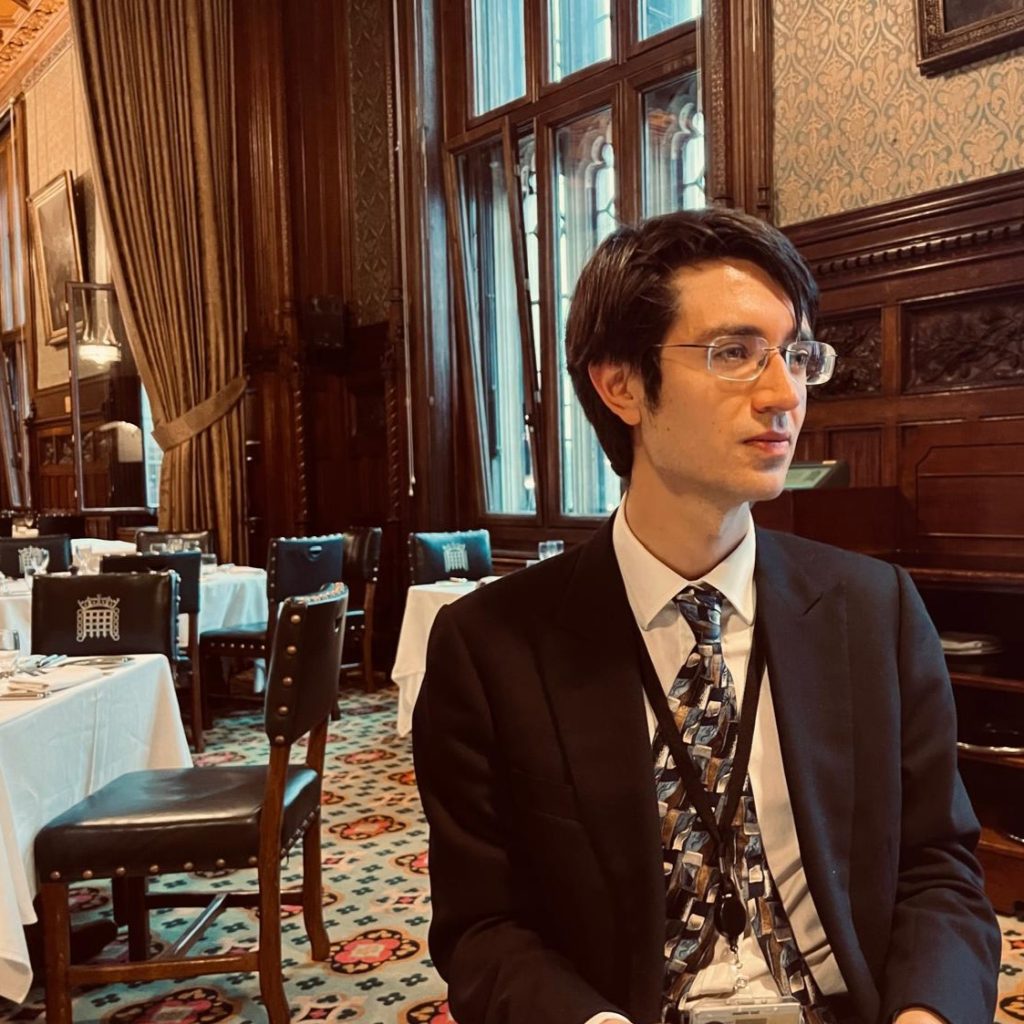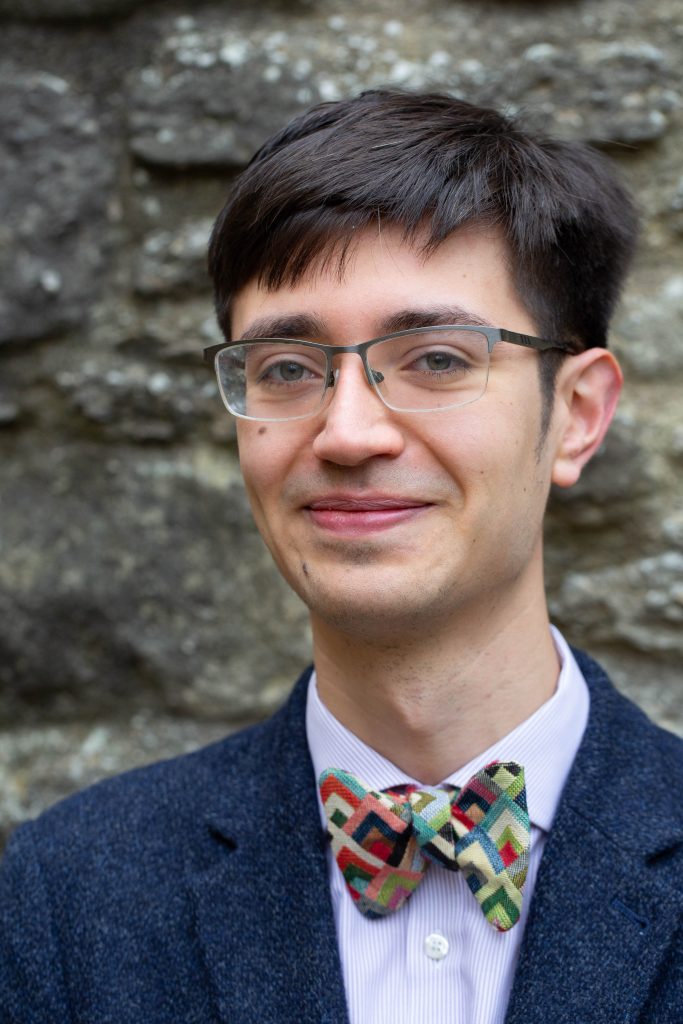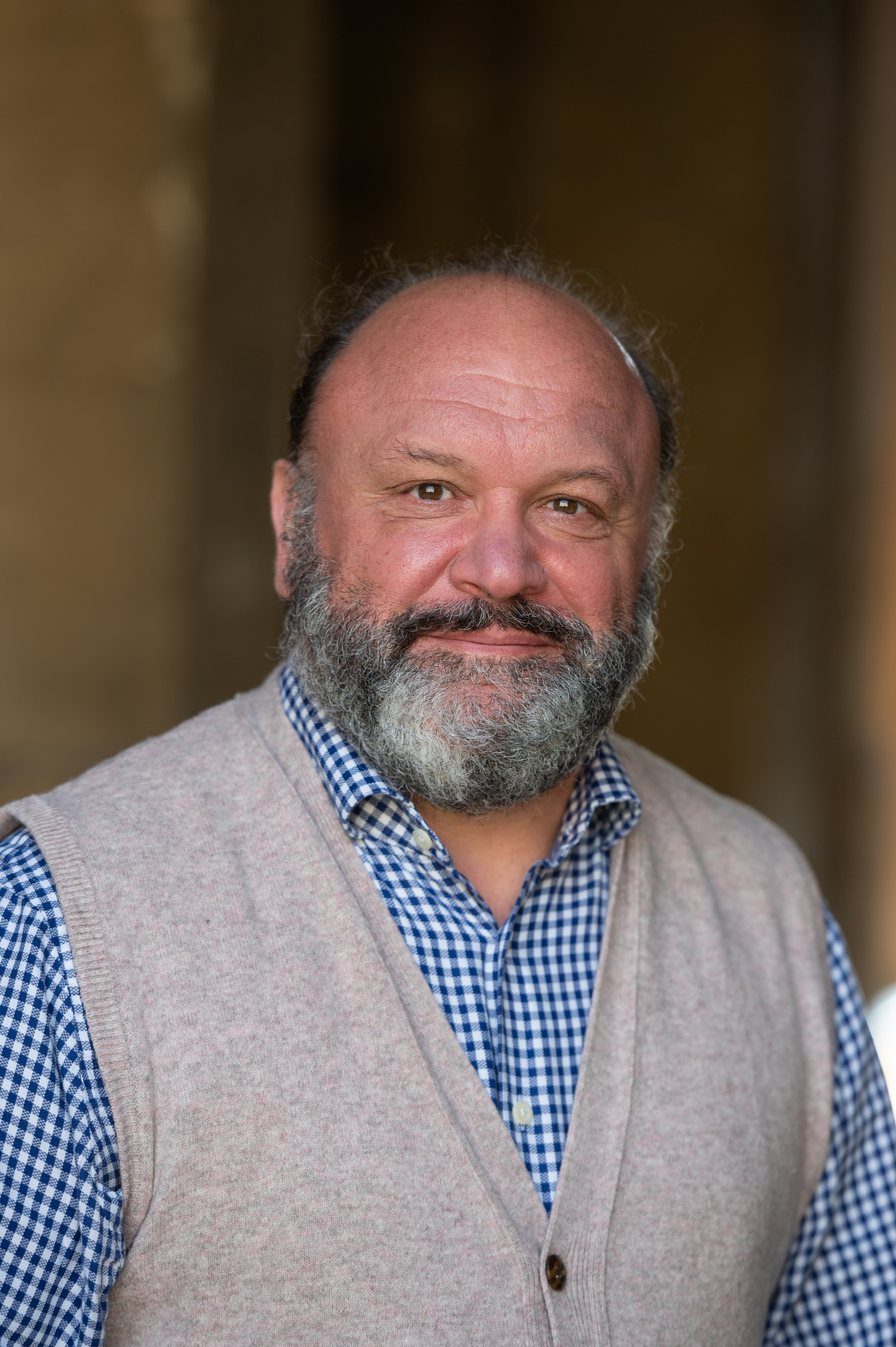Queen’s DPhil student Seb Wilkes has co-authored a briefing for the UK Parliament on quantum technologies, providing MPs and peers with an accessible overview of this rapidly developing field.
Seb, who is completing his doctoral research in how electrons move through particle accelerators, worked with Dr Simon Brawley at the Parliamentary Office of Science and Technology (POST) to produce a document examining developments in quantum computing.
The report, published in April 2025, coincides with the implementation of the UK’s National Quantum Strategy, which is supported by £2.5 billion of government investment over the next decade.
Seb said:
Being a Fellow at POST was a great chance to ensure that physics remains a part of informed policymaking. The UK has stewarded major advances in quantum technologies and so there is a need to ensure decision-making is able to exploit future developments.
Quantum computers may one day herald new medicines and materials due to their ability to solve certain problems that contemporary computers could take millions of years to crack. That same strength may mean that the current encryption methods that protect financial transactions and sensitive data may become vulnerable to quantum computers within the next decade. The UK’s National Cyber Security Centre is recommending organisations begin transitioning to ‘post-quantum cryptographic’ methods. Some researchers believe that quantum communications (sending quantum signals securely) may be a solution.
However, despite the many advances in the hardware in recent years, the report noted that many industry players, including major hardware manufacturers like IBM, felt that not enough was being done to develop the ‘software’.
The report also highlights the potential of quantum technologies in healthcare, where quantum sensors could enable ultra-sensitive diagnostics for earlier detection of diseases including cancer and Alzheimer’s.
The POST fellowship was funded by UK Research and Innovation (UKRI) as part of a scheme designed to strengthen connections between academia and policy. The initiative allows PhD students to work at the intersection of science and governance, translating complex research into accessible briefings for lawmakers.
The full briefing is available on the UK Parliament website and provides a useful resource for anyone interested, not just those in Parliament, in understanding how quantum technologies may shape our future.

With thanks to the Mathematical, Physical and Life Sciences Division.



